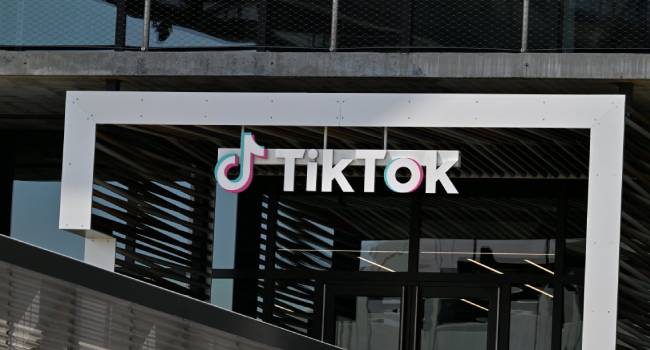For 15 years, UK-based executive development firm These Executive Minds (TEXEM) has shaped leadership strategies across continents, equipping professionals to navigate global challenges. Founded by Dr. Alim Abubakar, the organization marks its anniversary with a network of nearly 5,000 alumni spanning government, media, judiciary, and private sectors worldwide.
TEXEM’s programs, described by participants as transformative, blend theoretical frameworks with practical insights. A signature concept dubbed the “TEXEM Performance Tonic” (TPT) — a mindset shift emphasizing strategic thinking and adaptive decision-making — has become a hallmark of its training. Alumni, including prominent figures like NatureNews.Africa CEO Mahmud Akoshile, credit TEXEM with enhancing their ability to drive organizational growth amid rapid technological and economic shifts.
“In today’s volatile business landscape, leaders need more than traditional skills,” noted Akoshile, who participated in a 2014 program at the University of Oxford. “TEXEM’s approach fosters resilience and innovation, enabling professionals to convert obstacles into opportunities.”
The organization’s reach extends from Lagos to Abu Dhabi, with workshops designed to bridge cultural and industry divides. Alumni hold influential roles in sectors critical to Africa’s development, including renewable energy, governance, and media. Dr. Abubakar’s diplomatic leadership style, coupled with a focus on collaborative learning, has been cited as key to fostering cross-border partnerships.
As TEXEM looks ahead, stakeholders emphasize the need to integrate emerging technologies like AI into its curriculum and expand partnerships with African institutions. Such steps, advocates argue, could amplify its role in addressing continental challenges such as youth unemployment and infrastructure gaps.
With a legacy of empowering leaders to drive systemic change, TEXEM’s next phase may hinge on balancing innovation with scalability. Its anniversary underscores a broader recognition of executive education as a catalyst for sustainable development, particularly in regions navigating demographic shifts and digital disruption.
Akoshile, formerly Editor-in-Chief of Nigeria’s Daily Times, concluded: “Investing in leadership capacity isn’t optional — it’s imperative for progress.” As global complexities intensify, initiatives like TEXEM’s programs are increasingly viewed as vital tools for shaping a resilient, forward-looking professional class.


![nigeria grid collapses again with zero power supply [UPDATED] National Grid Collapses Again • Channels Television](https://mediatalkafrica.com/wp-content/uploads/2026/01/xNigeria-Grid-Collapses-Again-With-Zero-Power-Supply.jpg.pagespeed.ic.8UcOk1JB2p.jpg)
